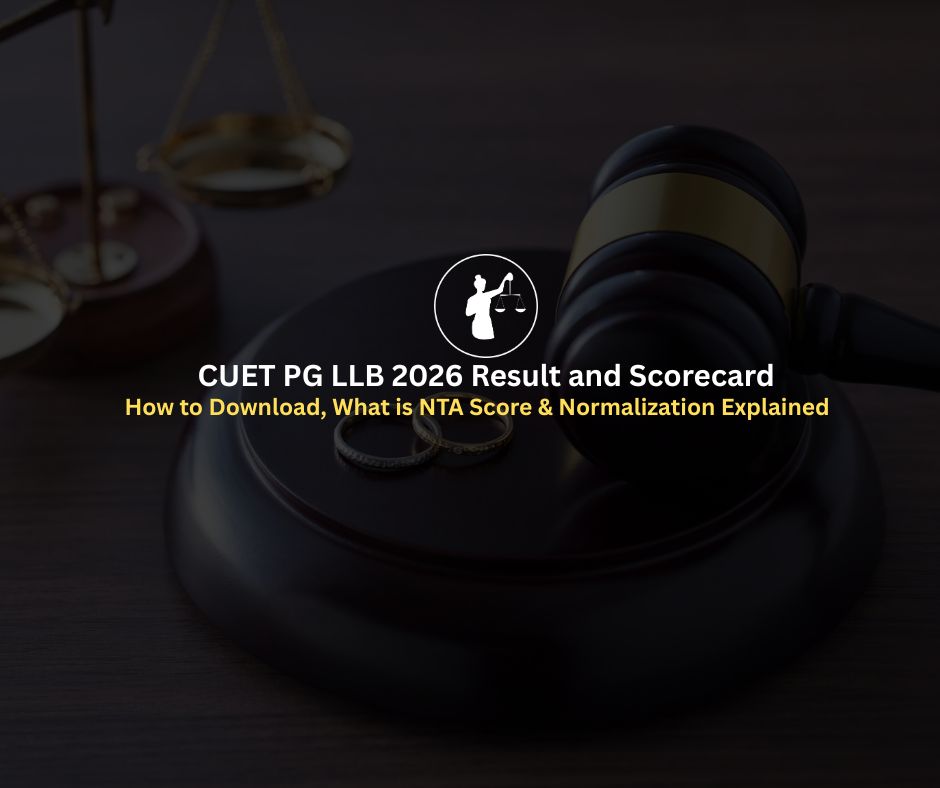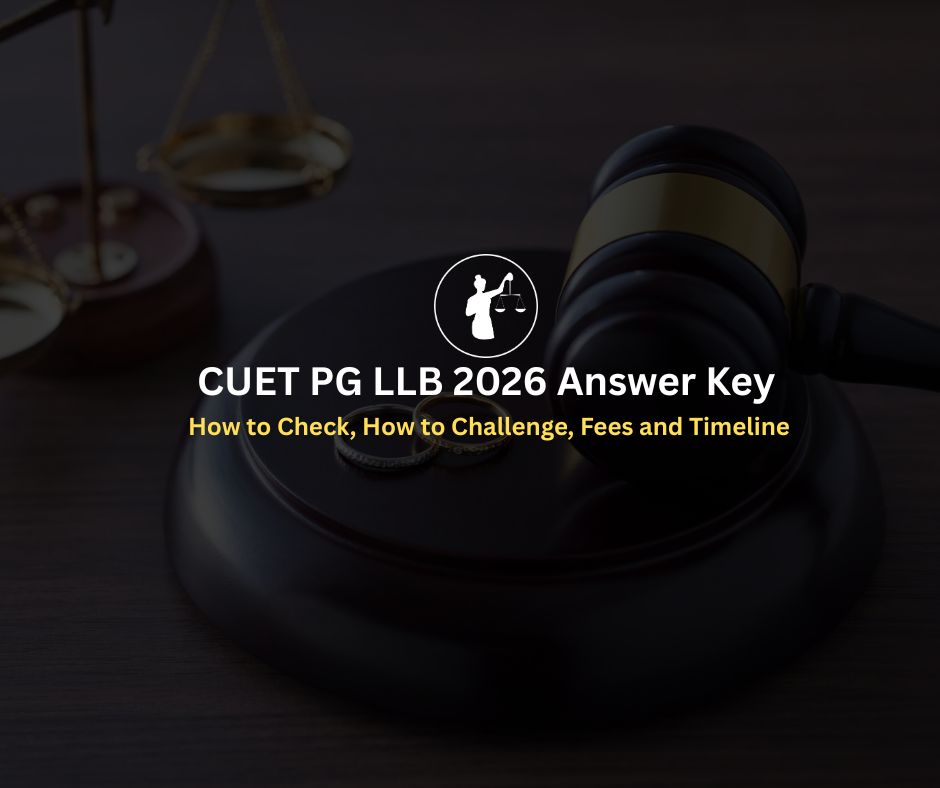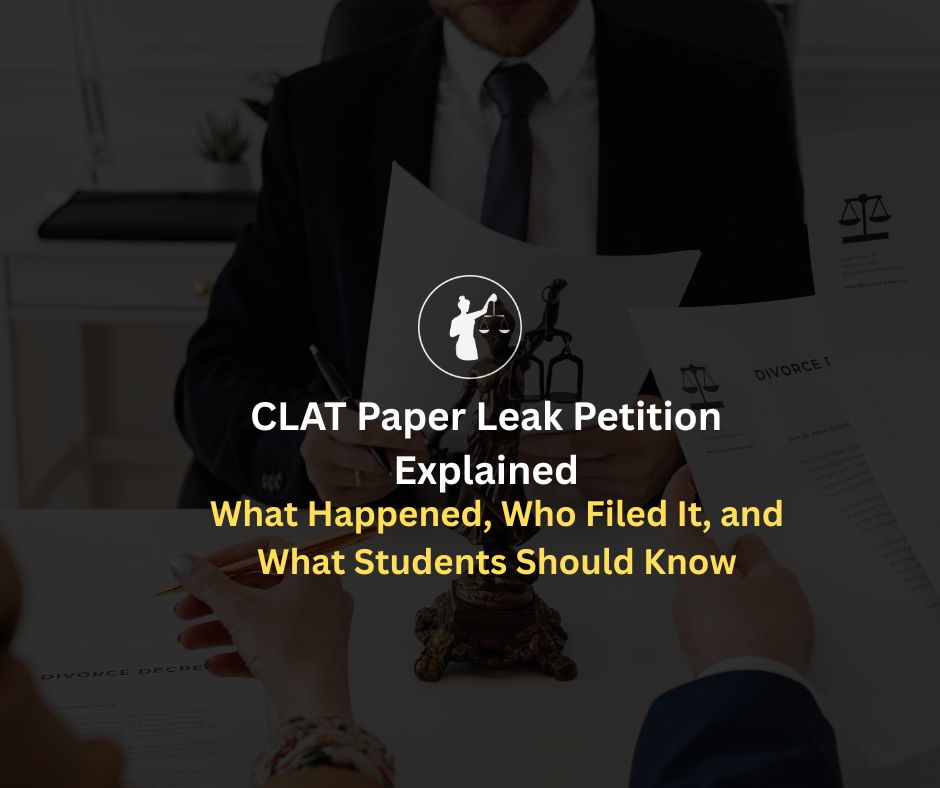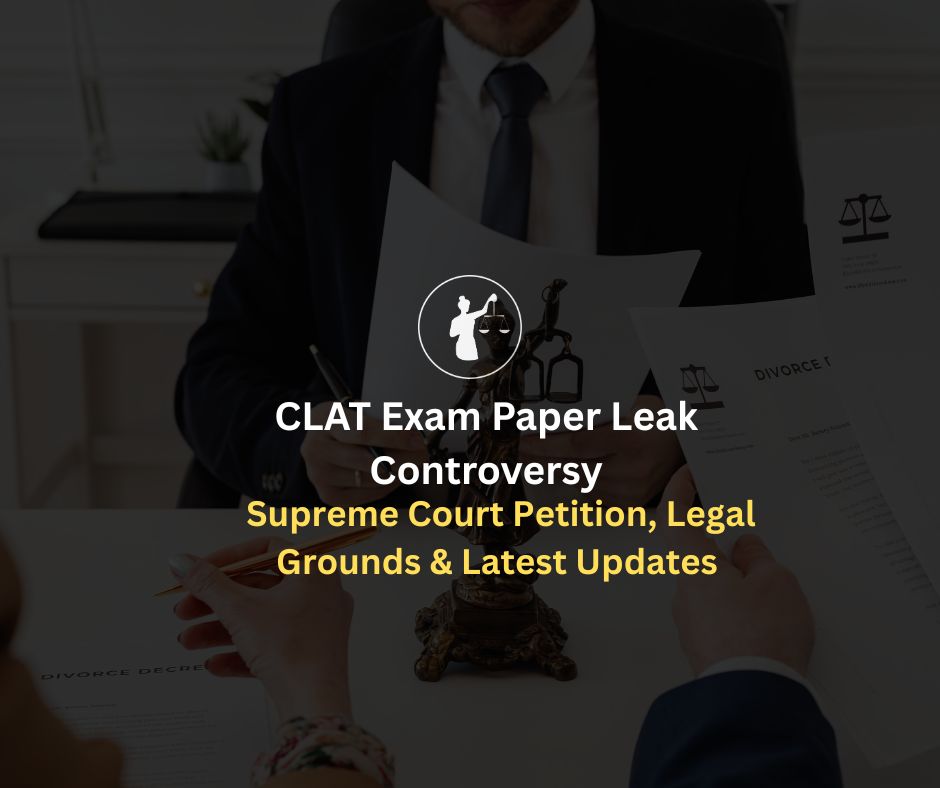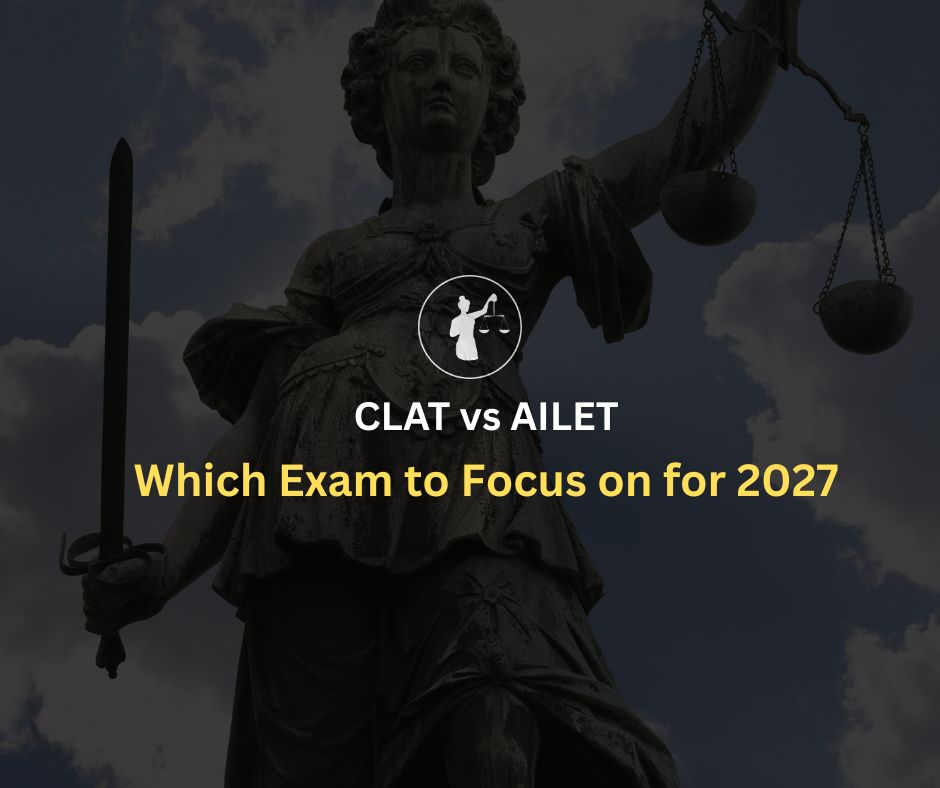_11zon (1))
Summary
The GK section in CLAT 2026 can elevate your rank swiftly when handled strategically. Scoring 28+ means mastering both current affairs (CA) and static knowledge. This blog offers a daily and monthly roadmap backed by expert strategies, so you're game-ready, not overwhelmed.
Best CLAT Online Coaching 2026 – 2027 by NLTI
Weightage:
Allows up to 32 questions (approx. 25–30 marks out of 120) a major score booster.
Scoring Potential:
Unlike other sections, GK depends more on recall than reasoning, making it high-yield.
Section Agnostic:
You can navigate it at any point in the paper, perfect for ranking strategy.
Month 1: Foundation & Catch-Up
Current Affairs (CA): Cover past 3–4 months using monthly compilations (e.g. CA capsules).
Static Focus: Indian polity, awards, geography basics, and economy fundamentals.
Daily Goal: 30 min CA + 30 min static + 10 quick GK MCQs.
Weekly Drill: Topic-wise quiz + monthly revision.
Month 2: Reinforcement
Continue covering recent CA.
Expand static to include international developments, science, arts, organizations.
Use flashcards grouped by topic, Acronyms and mind maps help.
Weekly: 2 short GK mocks + topic-wise review.
Month 3: Consolidation
Revise all CA from past months.
Focus on conceptual context, not just facts (e.g., policy impact rather than name).
Simulate GK-only mocks, 10–15 Qs timed, to train speed.
First 15 mins:
Read a trusted daily CA digest or a newspaper editorial summary.
Next 15 mins:
Static GK drills, awards, books, organizations, history.
Last 15 mins:
Practice rapid-fire MCQs or quiz apps with built-in timers.
Strategy note:
Space repetition is key, revisit previous topics every few days.
Read More : How to Improve Reading Speed for CLAT 2026 English & Legal Reasoning
Retaining current affairs and static GK is more about consistency than volume. A technique that many top-ranked aspirants swear by is spaced repetition revising information at increasing intervals to embed it deeply in memory.
How to implement it:
Use flashcards or a digital spreadsheet with columns like “Topic – First Revision – Second Revision – Final Revision”.
After noting an important news item or static fact, schedule your reviews: next day, two days later, one week later, and then before the exam.
Why it works:
Spaced repetition mimics how memory naturally fades and helps beat that forgetting curve actively.
Mentors highlight that revision spaced over days or weeks is far more effective than a single crammed review session.
Quick tips:
Limit to 20 facts per day to ensure deep retention, not superficial recall.
Use apps like Anki or Quizlet to automate intervals and make revision mobile-friendly.
Mock tests are not just checkpoints, they’re treasure troves of what separates high scorers from average ones in GK.
Effective mock strategy:
After each mock, note which GK questions you got wrong and why: Was it unfamiliar facts? Misinterpretation? Outdated information?
Organize mistakes into categories like Awards, Legal Developments, Sports, National Policies, etc. This builds visibility on weak areas.
Why this approach matters:
CLAT GK now leans more toward contextual understanding than rote memorization. Knowing why you missed a question often teaches more than the question itself.
According to our mentor's advice, targeted revision of commonly missed categories can improve GK section scores by up to 25%.
Weekly Action Plan:
Dedicate a fixed "GK Fix Hour" post-mock to analyze and consolidate these errors.
Use error patterns to fine-tune your monthly revision list and daily GK slots.
Read More : CLAT 2026 Logical Reasoning: Master Critical Inference
One of the biggest challenges in CLAT GK prep is backlog coverage and filtering “what’s important” from the flood of daily news. This is where NLTI’s GK Booster 4.0 steps in as a precision tool for aspirants.
What makes it different:
2000+ Most Expected Questions: Curated after analyzing CLAT trends, consortium sample papers, and high-frequency current events.
Backlog coverage: Ideal for aspirants who started late or missed early months of preparation.
Context-driven explanations: Each question comes with a short, exam-style explanation rather than raw facts.
Flexible access: Mobile-friendly format lets you practice during short study breaks.
How toppers used it
Akshat Shroff (AIR 23, CLAT 2025) shared that using GK Booster questions during his “error log revision hour” helped him identify recurring blind spots in international organizations and government schemes. Instead of re-reading bulky PDFs, he revised directly through the curated set, saving hours weekly.
Siddhi Laddha (AIR 22, CLAT 2025) highlighted that she paired the GK Booster with her daily newspaper reading. After finishing an editorial, she’d attempt related booster questions, which forced her to analyze context, not just remember names. This strengthened her inference-based GK accuracy.
Read More: CLAT 2026 Time Management Tricks for Every Section: Ace Your Exam
Scoring above 28 in CLAT General Knowledge involves strategy as much as memory. NLTI strengthens your prep through:
Curated Monthly GK Sheets: Legal, political, awards, and indices, revised weekly.
Speed Mock Practice: Mini 15-minute GK sets built into study timelines.
Error Feedback Loops: Mentors track blindspots and guide topic-specific revision.
Integration with Other Sections: GK is rehearsed alongside RC and Legal reasoning, aiding context retention and cross-sectional clarity.
With these systems, CLAT 2026 GK prep becomes precise and scalable, not stressful.
1. Can quizzes replace newspaper reading?
No. Quizzes test recall, but reading builds contextual understanding and aids retention.
2. How many months of CA should I cover before the exam?
At least 6 months back, with concentrated revision in the final 2.
3. Do I need separate GK notes if I have CA packets?
Yes. Notes organized by topic (e.g., awards, schemes) help speed up later revision.
4. Are CA-only mocks enough?
No. Mix static GK + CA together. CLAT blends both, not isolated topics.
5. What’s the ideal time for GK revision?
As per experts, 30–45 mins daily yields consistent accuracy improvement.
6. Do visual aids help GK prep?
Definitely. Charts, mnemonics, and mind maps enhance recall for things like indices or organizational HQs.
7. Should I ignore GK if I’m strong elsewhere?
No. Many aspirants drop overall rank due to GK, not Legal or English.
8. Is late-night GK revision effective?
It can be, if timed well. Just ensure you're alert, not fatigued, during recall testing.
9. How is the GK Booster different from monthly current affairs PDFs?
The GK Booster compiles the 2000 most expected questions from all months into one structured set, so you revise selectively instead of scanning endless PDFs.
10. Does the GK Booster cover static GK or only current affairs?
It includes both. Along with current events, it integrates high-yield static GK areas like the Constitution, geography, important treaties, and cultural facts that are repeatedly tested in CLAT.
11. Can I use the GK Booster if I’m starting late for CLAT 2026?
Yes. It is designed as a backlog coverage tool. Even if you missed months of prep, the curated questions allow you to catch up quickly without re-reading all sources.
12. How do toppers recommend using the GK Booster?
Top scorers suggest using it for daily revision in 20–30 minute sessions and integrating it with mock test analysis. Many use it as their last-mile GK revision kit before the exam.
13. Is the GK Booster updated for the CLAT 2026 exam?
Yes. The GK Booster 4.0 is curated by NLTI mentors and NLSIU students with latest updates until the final months of CLAT 2026, ensuring no outdated content makes it to your prep.
